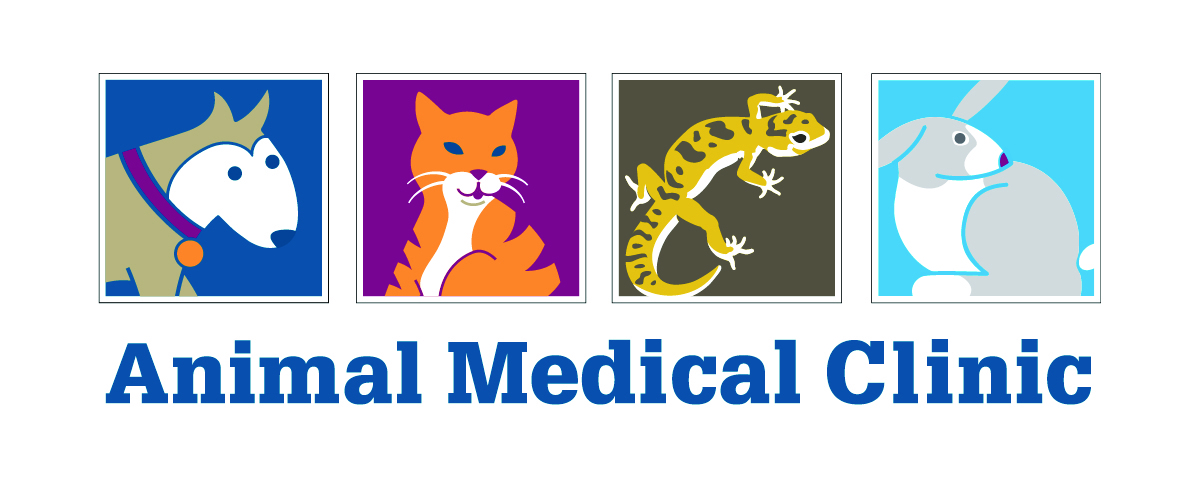
All I Want for Christmas is a Dragon?
As the holidays draw near, many people are considering adopting new animals (if they haven’t already this year!). If a dog or cat seems like too big of a commitment, sometimes we look towards the smaller critters such as lizards as a sort of ‘easier’ pet to keep. But a pet is a pet, and a pet is a commitment! Some of the more common lizards to adopt include leopard geckos and bearded dragons (who can easily live 6-10 years or more) and crested geckos (who can live 15-20 years with proper care!). No matter what species you are looking to get, these animals are long-lived and need our care to lead healthy, happy lives.
When adopting a new lizard, one of the first things to look for is a captive-bred animal. This is to say, we recommend avoiding any wild-caught animals. Wild-caught animals suffer significant stress from capture and transport, and can be plagued with numerous infections and parasites. Worst of all, the habitats where these creatures live can be compromised and even destroyed by excessive poaching, potentially putting the entire species at risk and causing hardship to the people who live near these areas.
A big second rule of thumb for adopting a lizard is ‘cute’ does not necessarily mean ‘healthy.’ When you see a herd of little bearded dragons in a tank you may want to pick out the smallest, cutest animal, but unfortunately these are often the least healthy of the bunch. Growth in reptiles is very directly related to how well they are being cared for, and a larger, more robust animal will likely make a better pet. One common condition we see in young lizards is metabolic bone disease (nutritional secondary hyperparathyroidism, if you will), and this comes from a lack of proper nutrition and/or cage lighting. Again, a larger reptile is often a stronger, healthier reptile.
While it can be difficult to assess the behavior of a reptile in a cage without practice, there are a few other common things to look for in a new pet. One common issue related to how a reptile has been housed is toe-loss. If a reptile does not shed its skin appropriately the toes can be constricted by retained skin, and eventually fall off. A young reptile already missing a few toes has had a rough start to life! Another consequence of poor husbandry (care) is metabolic bone disease, as mentioned earlier. One way you may see this is in an animal whose limbs seem deformed or at odd angles. Reptiles with metabolic bone disease are lacking in calcium, and take calcium out of the bones to try to make up for the deficit. This leads to the bones softening, deforming, and sometimes breaking. Look out for any animals that have an ‘odd’ appearance to one or more legs, or have kinked tails (which can also be a sign of previous trauma).
If you are used to having mammals at home, you may be surprised by some of the unique housing requirements and feeding plans for your reptile friend. Most reptiles require a warmer environment than our houses, so heating elements play a crucial role. Almost all reptiles also require a UVB light (which replicates sunlight) to thrive. And of course any insect eating reptiles requires...live insects! Insects are generally best given after feeding them (the insects) an insect diet for 1-2 days to ‘gut-load’ them, and then usually dusting them with a mineral powder; it’s a bit more work than just scooping up some kibble in a bowl! Crested geckos are a rare reptile exception; you can purchase a powdered or gel complete balanced feed for them which is much more akin to our dog and cat kibble and doesn’t run away! Many reptiles also change their appetites as they age; for example, bearded dragons become increasingly vegetarian as they get older!
So if your heart is set on adopting a little reptile friend this holiday season, be sure to know how to look for a healthy animal, be sure you’re ready for a long, happy life with them, and be sure to research the specific needs of your new pet so you can set up a successful home. And of course if you have questions about your lizard’s health, give us a call!


